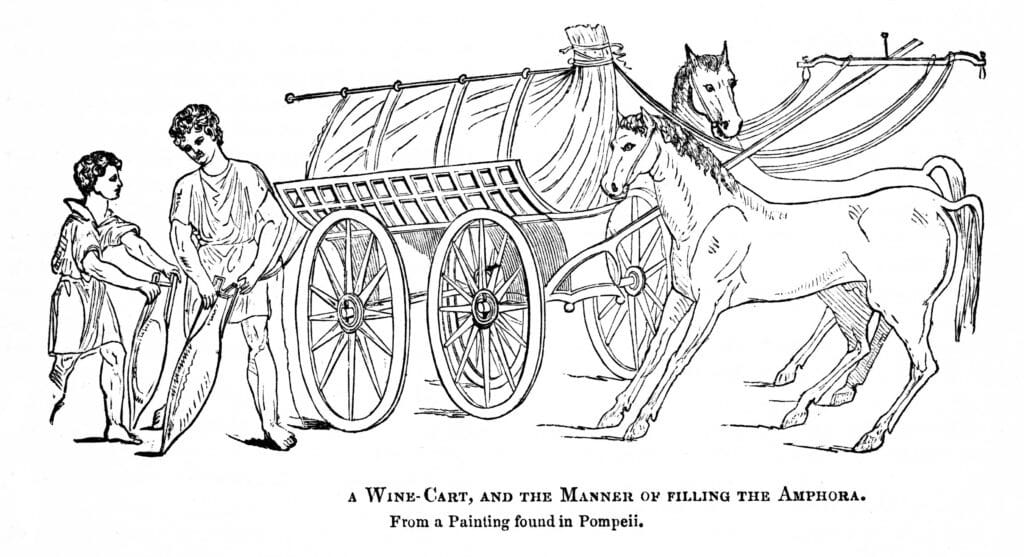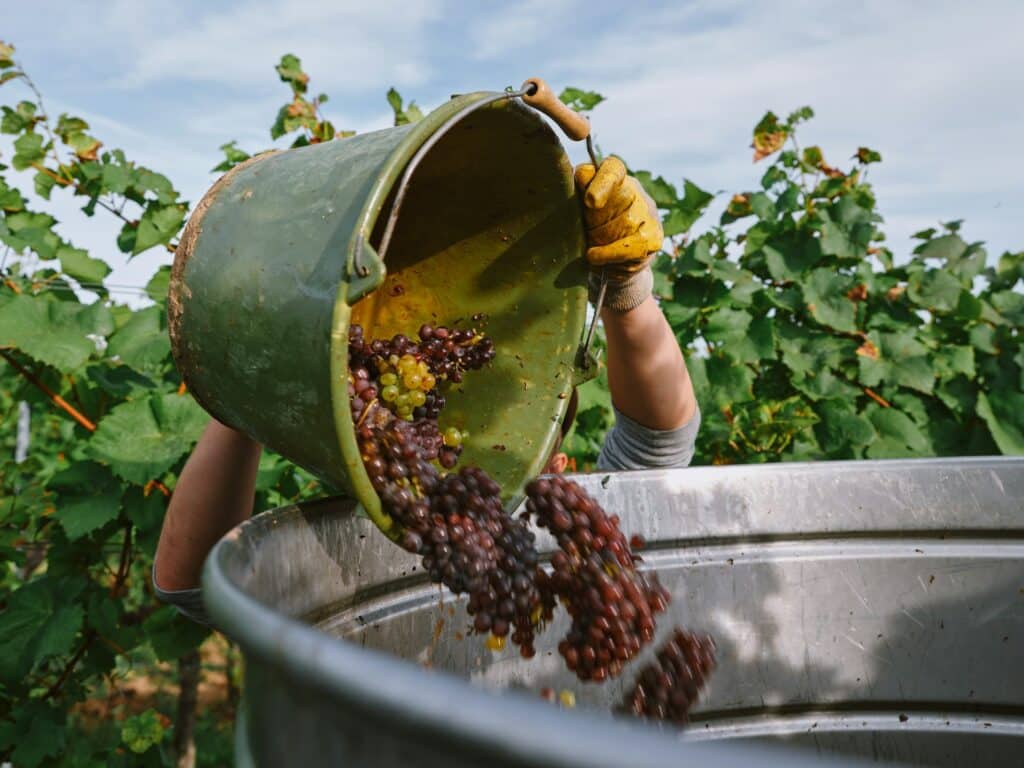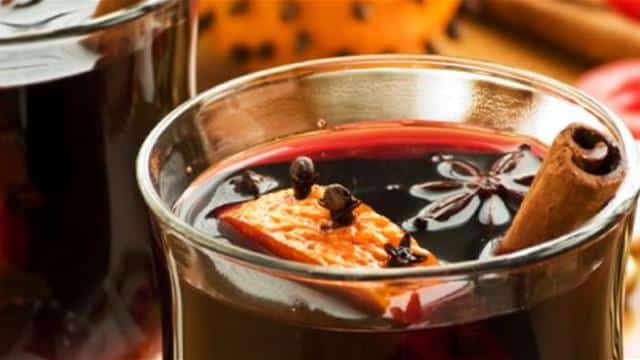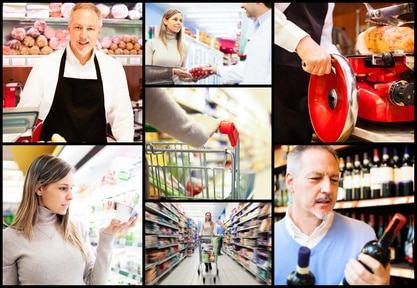The history of wine and winemaking
Wine has been part of human culture for thousands of years. From ancient rituals to modern celebrations, wine has played a central role in societies across the globe. The history of winemaking is not just about agriculture – it’s a story of innovation, trade, religion, and art.
Ancient Beginnings
The earliest evidence of winemaking dates back to around 6,000 BC, in the region that is now Georgia, in the Caucasus. Archaeologists discovered clay jars containing traces of wine, suggesting that people were already fermenting grapes thousands of years ago. Similar discoveries have been made in Iran and Armenia, showing that winemaking spread across the ancient world.
In ancient Egypt, wine was considered a luxury item. It was often reserved for the wealthy and used in religious ceremonies. Tomb paintings show scenes of grape harvesting and wine production, indicating its importance in Egyptian society.
The Greeks and Romans took winemaking to new levels. The Greeks believed wine was a gift from the gods, especially Dionysus, the god of wine and pleasure. They developed techniques for pruning vines and storing wine in amphorae – large clay containers. The Romans improved these methods, introducing wooden barrels and glass bottles. They also spread viticulture (the cultivation of grapevines) throughout their empire, including into France, Spain, and Germany.

Medieval Times
During the Middle Ages, winemaking continued to evolve. Monasteries played a key role in preserving and improving winemaking techniques. Monks in France, Italy, and Germany carefully studied soil, climate, and grape varieties to produce better wine. They kept detailed records and passed down their knowledge through generations.
Wine was also important in Christian religious practices. It was used in the Eucharist, a central part of Catholic worship. This religious significance helped maintain wine production even during times of war and economic hardship.
Trade routes expanded during this period, allowing wine to be transported across Europe. However, wine quality varied greatly, and preservation was a challenge. Without modern technology, wine often spoiled quickly, so people added spices or herbs to improve the taste.
The Age of Exploration and Innovation
The 15th and 16th centuries brought major changes. As European explorers traveled the world, they took grapevines with them. Spanish and Portuguese settlers introduced viticulture to South America, while the British brought it to Australia and South Africa. These regions eventually became major wine producers.
Scientific discoveries also improved winemaking. In the 19th century, French scientist Louis Pasteur studied fermentation and explained how yeast turns sugar into alcohol. His work helped winemakers control the process more effectively and prevent spoilage.
At the same time, new equipment and techniques were developed. Temperature control, filtration, and bottling methods improved wine quality and consistency. Wine became more accessible to the middle class, not just the elite.
Modern Winemaking
Today, winemaking is a global industry. Countries like France, Italy, Spain, the United States, Chile, and Australia are known for their wine production. Each region has its own traditions, grape varieties, and styles.
Modern winemakers use both traditional and scientific methods. While some still rely on age-old techniques, others use advanced technology to monitor fermentation, analyze soil, and even predict harvest times. Sustainability has also become a focus, with many vineyards adopting organic and eco-friendly practices.
Loading…
Vocabulary
| ancient | ősi |
| to play a central role in | központi szerepet játszani valamiben |
| society | társadalom |
| evidence | bizonyíték |
| to date back to | visszanyúlik valameddig (időben) |
| clay jar | agyagedény |
| traces of | nyomai valaminek |
| suggesting | azt sugallván |
| to ferment | erjeszteni |
| to spread across | elterjedni |
| to prune | metszeni |
| wooden barrel | fahordó |
| to evolve | fejlődni / alakulni |
| worship | istentisztelet |
| economic hardship | gazdasági nehézség |
| to spoil quickly | gyorsan megromlani |
| yeast | élesztő |
| effectively | hatékonyan |
| to prevent | megelőzni |
| temperature control | hőmérséklet-szabályozás |
| filtration | szűrés |
| bottling method | palackozási módszer |
| consistency | állag(a valaminek) |
| accessible to | hozzáférhető valaki számára |
| to rely on | támaszkodni valamire |
| sustainability | fenntarthatóság |








